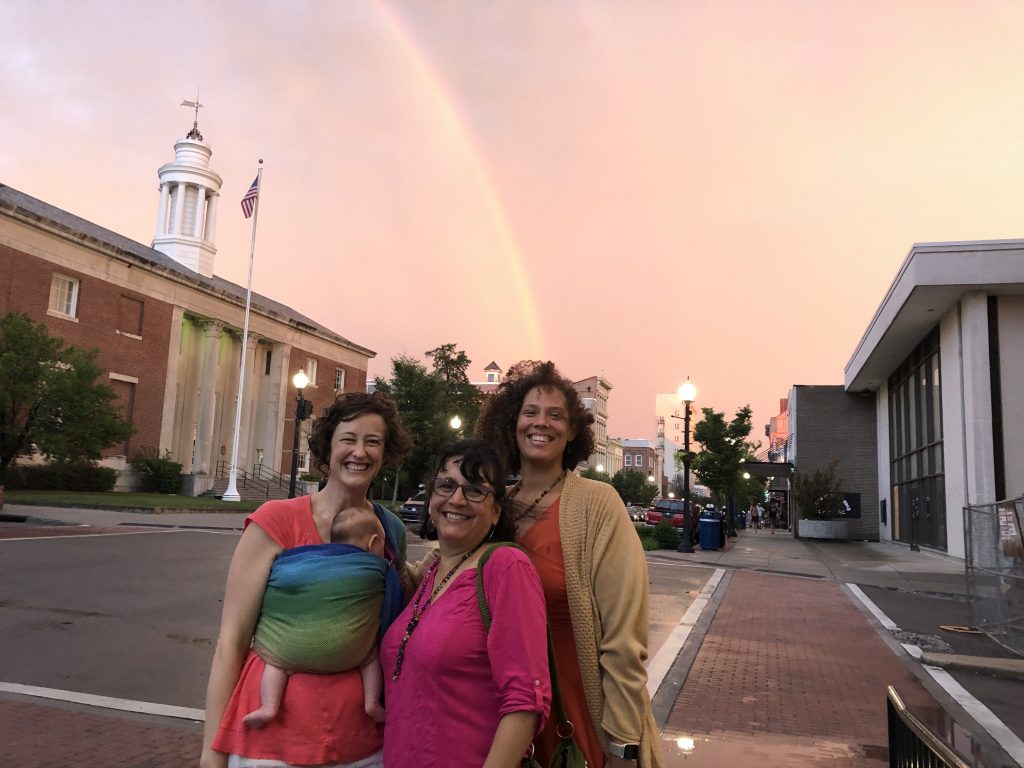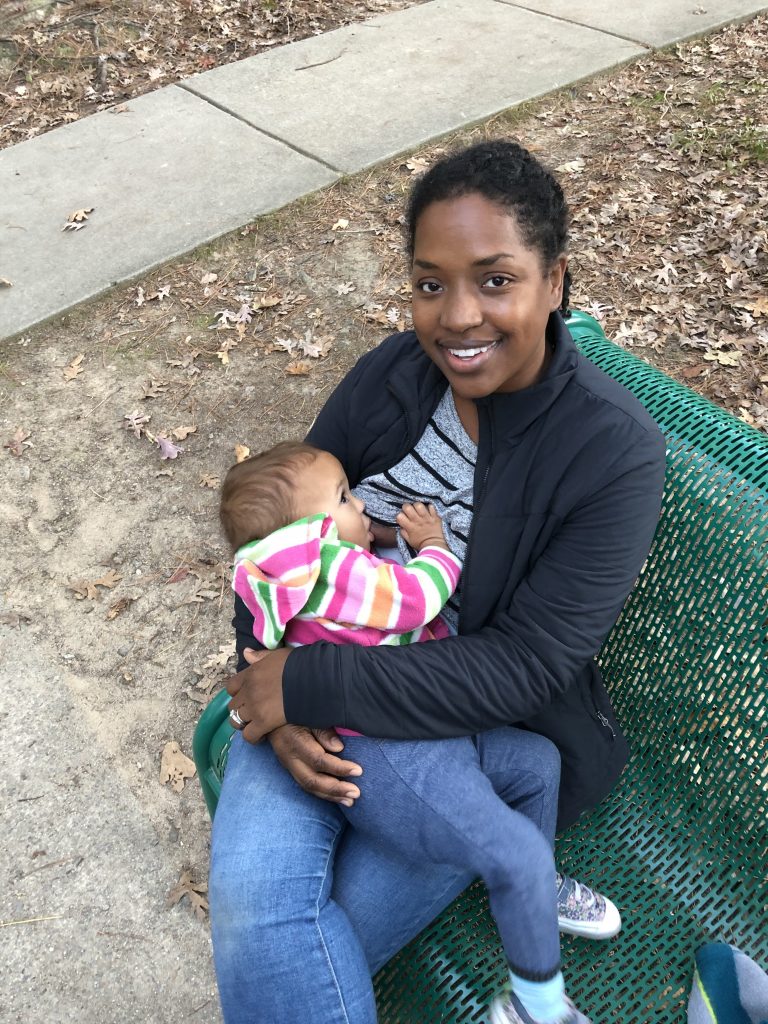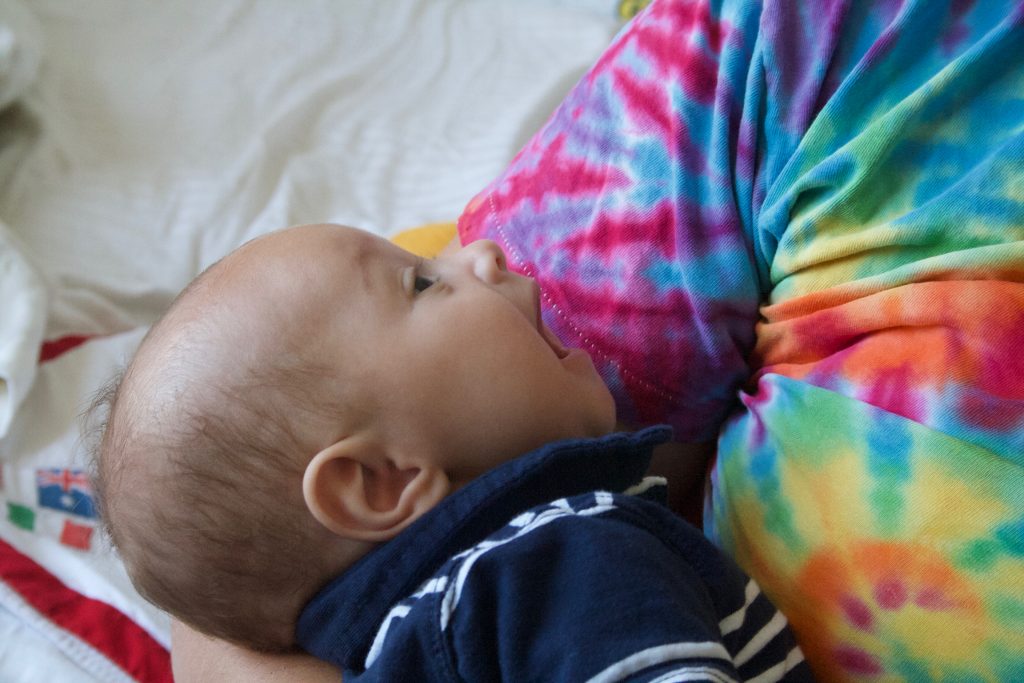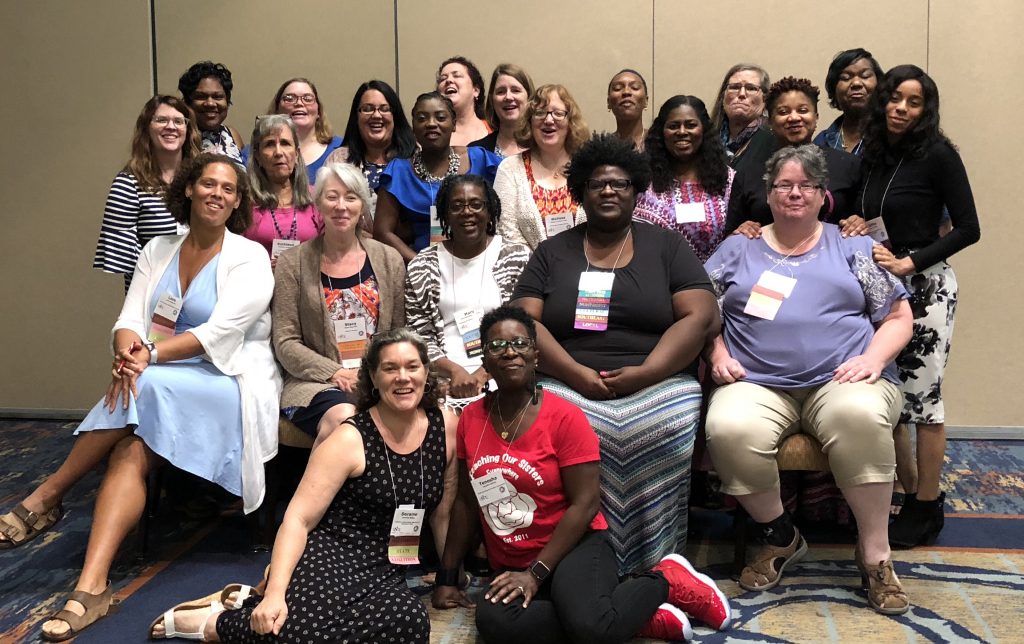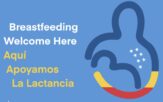At Breastfeed Durham, we believe that everyone and every moment matters. While we are always growing and learning, our commitment to inclusivity and belonging remains unwavering.
Diversity is what makes each of us unique. Creating an inclusive culture means that every parent, advocate, and supporter can feel seen, valued, and empowered in their infant feeding journey. Breastfeed Durham believes that meaningful and impactful work begins with a personal learning journey. As part of our efforts to create a landscape of breastfeeding support, we have formed coalitions where individuals with shared identities can come together in community, advocacy, and solidarity.
We recognize that systemic inequities negatively affect the health outcomes of all families—but the work to disrupt systemic racism and oppression requires different approaches. Equity-focused coalitions allow us to engage in this work from multiple perspectives, fostering collaboration and transformative change. Through these spaces, members share stories, strategies, and resources, producing powerful tools such as position statements, community resource lists, and advocacy initiatives. These coalitions serve as a foundation for solidarity and liberation, as we work collectively to create a world where all families and communities can thrive.
Championing Families & Communities
We offer many ways for individuals to engage with our mission and values, ensuring that everyone has a space to contribute and grow. By working together, sharing stories, and embracing every family’s journey, we move closer to a world where all parents feel supported and all communities thrive.
- Breastfeeding Friendly Healthcare Providers (beginning March 1, 2025)
- Black Breastfeeding Coalition
- LGBTQ+ Human Milk Feeding Coalition (currently seeking a director)
- Native American/Alaska Native Breastfeeding Coalition (currently seeking a director)
- Lactancia Latina Coalition
- Tea and Milk Coalition (Asian American, Middle Eastern American, Native Hawaiian, Pacific Islander Lactation, and Refugee Support Coalition) (currently seeking a director)
- Other lactation equity work that you are passionate about (email us)
Breastfeeding Life Experiences
- Academic/professional
- Autism spectrum disorder
- Back at work right away
- Exclusive Pumping
- Geographic: North Durham, South Durham, East Durham, West Durham
- Home from work for a while
- Physical needs: mobility, vision, sound
- Religious affiliations
- Single parents
- Socioeconomic
- Trauma-Informed Care
Linguistically Appropriate Resources
- Arabic Information; Handouts
- Afghan languages
- Asian-Pacific Islander Breastfeeding Resources Library
- Burmese
- Chinese Handout
- English Handouts
- Karen
- Polish Handouts
- Spanish; Handouts; Breastfeed Durham’s Comunidades Hispanoamericanas/Latinas
- Vietnamese Handouts
Championing Inclusion & Equity
There is no place for exclusion, discrimination, or bias in our work. We are dedicated to ensuring that every individual—regardless of background, identity, or experience—has the opportunity to access support, build connections, and thrive.
We foster equitable access to resources and spaces where all families can feel welcomed and supported. Whether through identity-based coalitions, listening sessions, or community-driven initiatives, our goal is to ensure that every family is met with respect, dignity, and care (including families that did not meet their planned breastfeeding goals).
Together, we are creating a future where breastfeeding families are celebrated, protected, and uplifted in every space.
